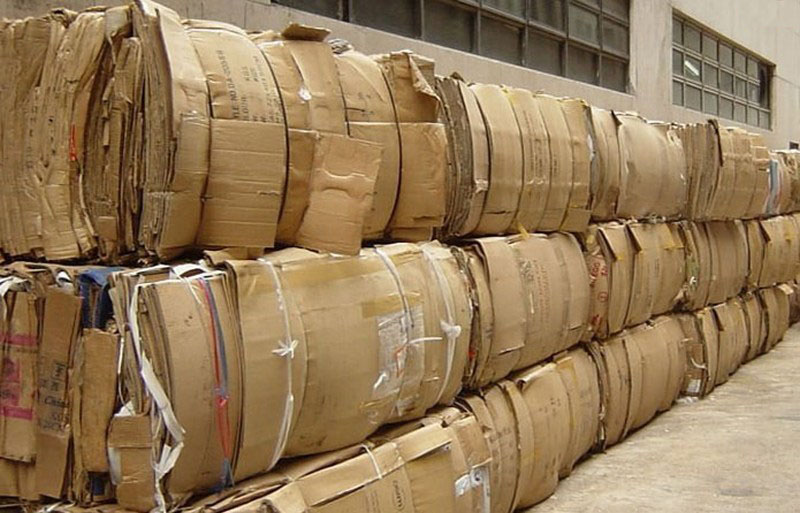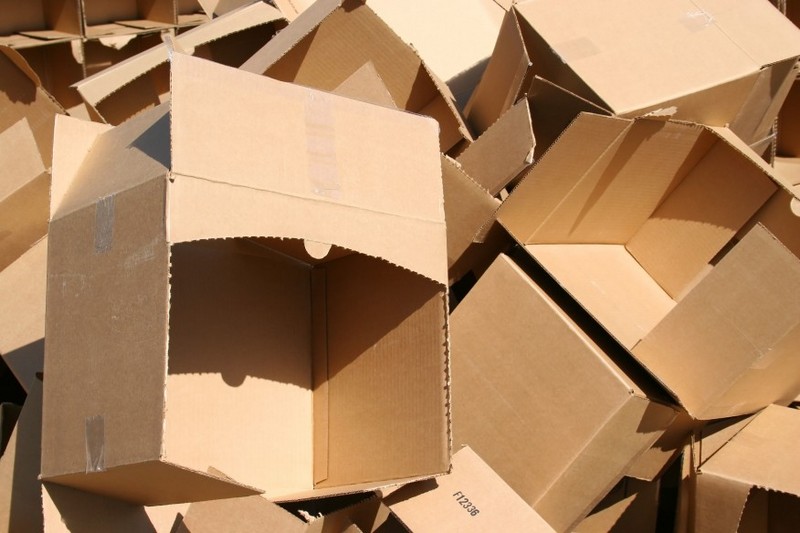Collecting Paper Waste - A Controversial Business Idea with Great Potential

💡 Want more business insights? Stay ahead of the curve with our exclusive updates!
👉 Join our Telegram channel for daily business ideas and expert tips.
👉 Follow us on Facebook to never miss a trend or update!
Don’t just read—connect, grow, and innovate with us today!
We have discussed before how collecting recyclables, when done right, can become a stable and profitable business. One of the most common business ideas in this field is making money by collecting and processing waste paper. It might seem easy to organize the collection of unwanted paper recyclables and sell them to interested buyers. The scheme appears simple - buy cheaply unwanted raw materials, sell them at a higher price, and make a profit. While collecting waste paper can indeed generate decent income, not everything in this business is as straightforward as it seems at first glance...
How Outsiders View the Waste Paper Business

Many articles on the internet portray waste paper collection and processing as an easy business. Enthusiastic pieces describe it as straightforward: set up a few collection points, make arrangements with wholesalers and stores for cardboard collection, find buyers - and your business is up and running.

However, this scheme may have worked only in the early to mid-nineties. At that time, the state lost control over recycling, allowing many entrepreneurs to enter this business. Ironically, there were literal battles for control over landfills, markets, large stores, and other waste paper collection points. Since then, in most large cities, the waste paper market is fully divided, making entry quite challenging.
Risk Factors
To establish a profitable business idea of collecting, processing, and selling waste paper, one must consider the complexities that may arise:
- High competition is a key challenge - the waste paper market is one of the oldest secondary raw material markets, long divided. Attempting negotiations with major shopping centers reveals they already have suppliers for their waste paper. Setting up a collection point near a promising location will lead to friction with competitors who are already collecting there. More likely than not, you will face price dumping or pressures from established connections.
- Acquiring initial resources is essential. Today, starting this business with minimal capital is a pipe dream. To sustain operations, you need multiple collection points with warehouse space to accumulate 3-5 tons of waste paper. Otherwise, you'll spend time and fuel on daily trips for small batches of raw materials. Additionally, you'll need production space for sorting, pressing, or processing paper. Specific equipment is necessary for pressing and processing, not to mention the payroll for employees. All of this requires substantial financial investments.
- Licensing is a complex aspect - operating at a significant scale will attract authorities' attention due to waste paper processing involving effluents, dyes, waste disposal, etc. Licensing might be necessary depending on your legal support and connections. Working on a smaller scale may bypass the need for a license, but significant profits may not materialize.
- Low profitability is a major issue - waste paper is purchased at a relatively low rate by waste paper collection points and middlemen. Acquiring it from individuals or businesses at favorable rates means the net earnings will be meager per kilogram. Developing this business idea without significant investment will yield minimal profits.
Earning from Waste Paper Collection Business Idea
While these challenges exist, they do not signify the idea of making money from waste paper should be abandoned. Several scenarios showcase how this business idea can yield primary or additional income:
- Opportunities in areas with no competition exist in small towns and villages where waste paper collection and disposal systems may be lacking. Establishing collection points with sufficient storage can yield substantial paper volume.
- Supplementing existing business networks - if you operate a network of stores or retail outlets, dealing with paper disposal issues is familiar. Instead of handing it to middlemen, invest in a press and sell the paper yourself to generate extra income.
- Integration with manufacturing - if you produce paper products, like tissues or cardboard, you typically source raw materials externally. Implementing a waste paper collection system can reduce raw material costs significantly.
- Part of a larger recycling entity - creating a diverse company that collects, sorts, and processes various materials like metal scrap, plastic, polyethylene, glass, etc., with waste paper as one component, can help you outperform local competitors.
Earning from waste paper is achievable, but it remains a challenging field. If you're drawn to recycling business ideas, exploring other sectors like glass collection and processing, where competition is lower, might be worthwhile.
If you found this content valuable, consider sharing it with friends. Perhaps together, you can venture into a mutual business focused on waste paper collection and processing.
💡 Want more business insights? Stay ahead of the curve with our exclusive updates!
👉 Join our Telegram channel for daily business ideas and expert tips.
👉 Follow us on Facebook to never miss a trend or update!
Don’t just read—connect, grow, and innovate with us today!





































.jpeg)













Note: Comments are being moderated and may take a while to appear. There is no need to resubmit your comment.